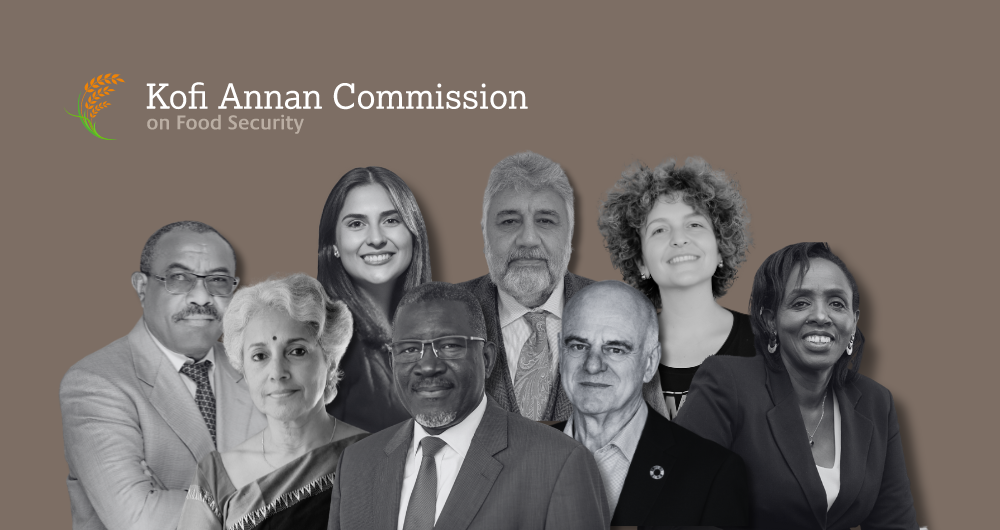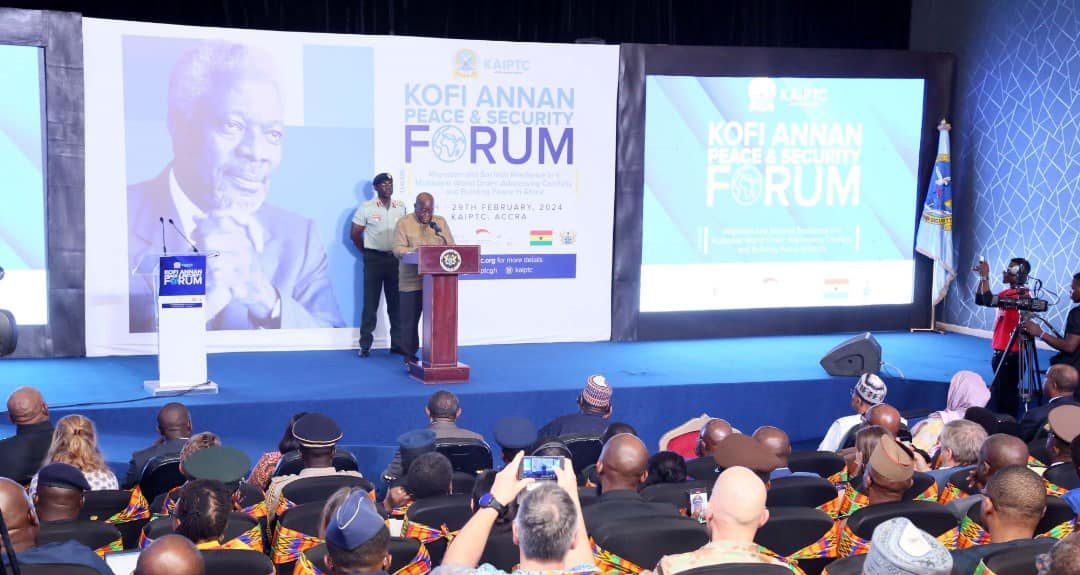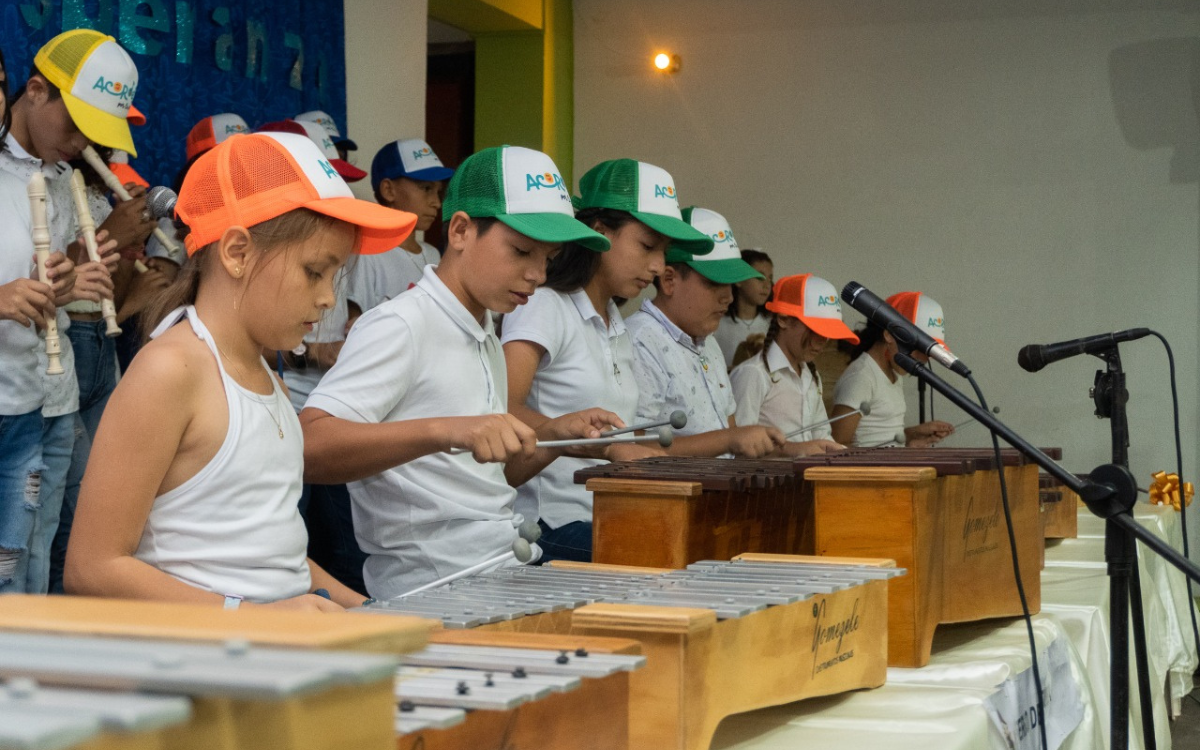How Malaysia can successfully move toward multi-party democracy
On 9 and 10 May 2023, at the Parliament of Malaysia in Kuala Lumpur, the Kofi Annan Foundation, Bersih, and Global Bersih convened a two-day roundtable to discuss the challenges and opportunities that arise from governing through coalition. The aim was to support Malaysia’s ongoing progress towards consolidating multi-party democracy by sharing strategies and solutions to the implications of the 2022 election results -a hung parliament and post-election coalition, which has no precedent in Malaysia.
On 9 and 10 May 2023, at the Parliament of Malaysia in Kuala Lumpur, the Kofi Annan Foundation, Bersih, and Global Bersih convened a two-day roundtable. Photo: Bersih
Since 2018, when elections brought an end to almost 60 years of single-party rule, progressive political leaders, revitalised civil society organisations, and newly independent media organisations have pushed the country in a more democratic direction. Parliamentary and legislative reforms have improved the integrity of elections and brought increased transparency to political decision-making; changes to voting laws have empowered and mobilised the younger generation.
Yet due to the lack of precedent, there is some concern now about the viability of a post-election coalition government, and questions as to how a coalition of parties thrust together in the aftermath of a vigorously competitive campaign can govern together effectively.
Leveraging its expertise and experience from supporting elections and democracy in different parts of the world – including those where coalition governments are common – the Kofi Annan Foundation worked with Bersih and Global Bersih to identify experts and facilitate discussions on several themes critical to Malaysia’s current situation. It did so in partnership with the Office of the Speaker of Parliament, and with the support of the European Union and the High Commissions of Australia and Canada.
Participants of the two-day roundtable “Deepening Democracy in Malaysia” held at the Parliament of Malaysia in Kuala Lumpur, May 9-10 2023. Photo: Bersih
Over the two days, participants considered presentations by politicians and academics from countries where post-election coalitions are the norm, and identified practices that may be applicable to Malaysia, including
- Strategies to enhance political stability in the context of hung parliaments and how post-election coalitions can effectively build consensus, develop shared policies, and arrive at a common agenda for governance.
- The role of Opposition Parties, Backbenchers and Members of Parliament, and the importance of empowering parliamentarians and giving them all the possibility to shape legislation.
- The impact of different practices and structures common in parliamentary democracies, such as select committees, shadow cabinets and votes of no confidence.
- The impact of traditional and new media; responsibilities of civil society, and the enormous impact of young voters.
Bersih Executive Director Kok-Hin addresses roundtable participants. Photo: Bersih
The discussions were rich, covered a lot of ground; and can be viewed again via YouTube. (All recordings are available at the bottom of this article.)
The conference report elaborates in detail on the recommendations and how they can be achieved or implemented in Malaysia. However, it is worth noting some key points that were repeatedly made:
First, constructive competition is healthy and in fact, fundamental to democracy; it is how issues are debated and consensus achieved – it should be welcomed, and it need not descend into chaos or antagonism between parties.
Second, good government needs good opposition, and to effectively operate, Opposition groups need structure, resources and discipline.
Third, while a range of rules and practices can foster healthy parliamentary democracy, the most important is that politicians from all sides share a common system of beliefs and that they all have trust in democratic institutions and in each other. A democratic culture must be nurtured, which also implies civic education.
Fourth, in a country as diverse as Malaysia, all Parties should be prepared to come together and form coalitions. Unfortunately, populism often relies on exacerbating religious, ethnic or nationalistic divides, which undermines democratic progress.
Finally, Malaysia’s only path to political stability is to deepen democracy and make hung parliaments work; but Malaysian democracy needs to reflect Malaysian society and characteristics; it is important for national stakeholders and leaders to listen and learn from others, but also to find their own design of democracy.
Download the Roundtable Report (External site)
Related articles
- The Star – More bite under current Speaker, govt
- Sinar Daily – Special conference to discuss issue of hung Parliament
- Aliran – Deepening democracy in Malaysia: Making coalition government and hung parliament work
- Sinar Harian – Persidangan meja bulat Bersih himpunkan ahli politik, pakar
- BFM Podcast – Should we think of politics like we think of sports?
Watch the recordings: “Deepening Democracy in Malaysia”
Stay informed
Sign up to our mailing list to stay informed of our latest news and work on Elections & Democracy



